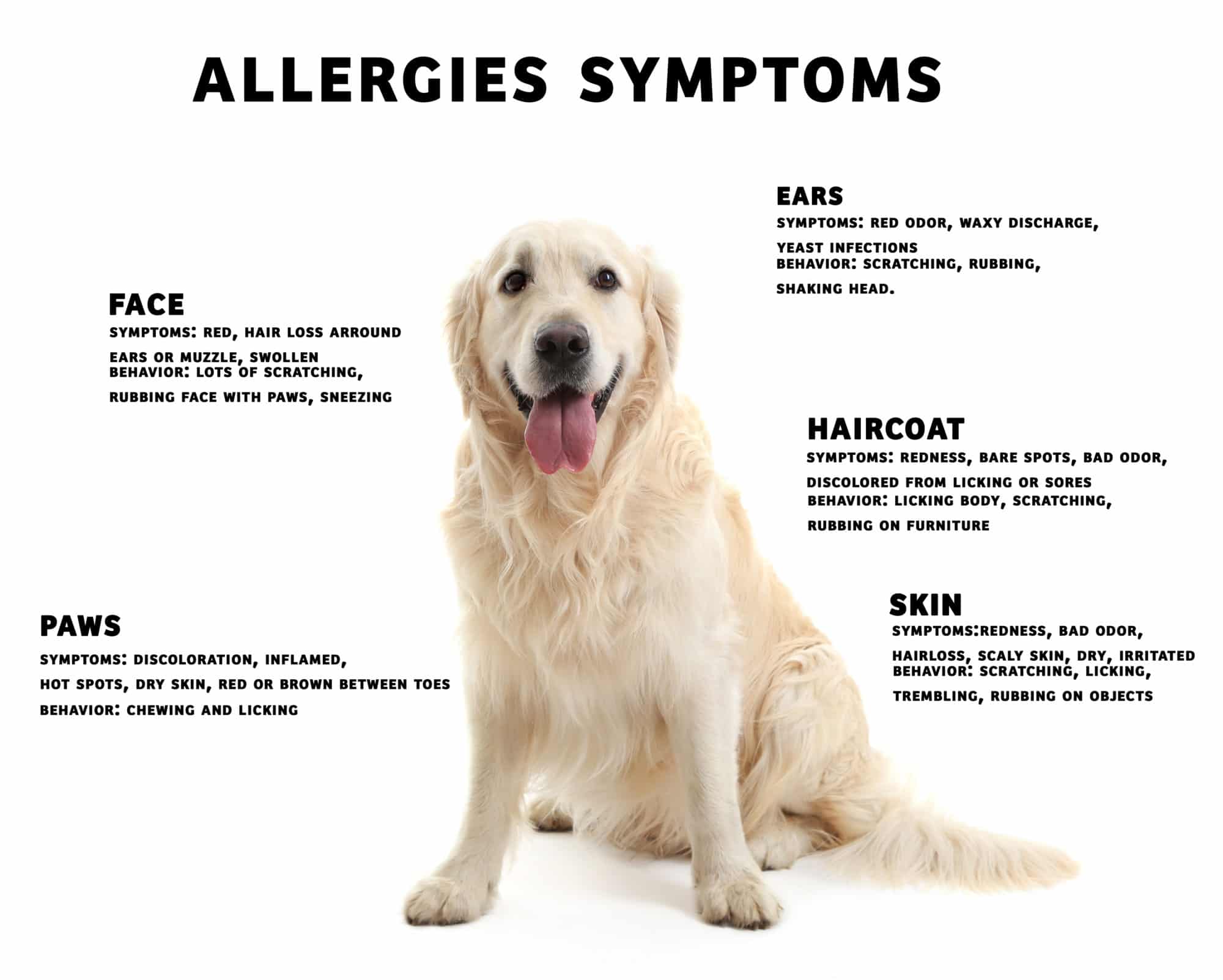Common diseases
Just like humans, dogs can be sick easily too. They can have different health problems and we are going to talk about them in this training material.
It is not enough to read our list, but you have to read the following article too, to get as much as possible about this dog sicknesses. Here is the article, which you must read too: https://www.everydayhealth.com/pet-health/common-dog-health-problems.aspx
#1: diabetes
predisposition and/or genetics. It can also be caused by too much sugary food, excessive fruit consumption, and obesity.
• symptoms: the dog drinks a lot, feels dizzy, may even faint
• treatment: insulin (like in case of humans), special medical nutrition
#2: liver problems
could by caused by excessive fat intake, obesity, poisoning
• symptoms: yellow sclera, lethargy, enfeebled digestion
• treatment: low fat diet, medication
#3: kidney disease
caused by excessive protein intake, some breeds are more prone to it (e.g. Poodles)
• symptoms: turbid urine, exhaustion, inadequate digestion
• treatment: low protein diet in addition to medication
#4: dysplasia
abnormal deformity of bones caused by genetic mutation, obesity, and improper exercise and feeding of the puppy. Occurrence: spine, hips, forelegs and hind legs
#5: stink gland problems
two glands located inside the dog’s rectum that produce secretions. It is normally excreted in the faeces, but in case of some dogs due to atrophy of the muscle responsible for defecation, this does not happen; the secretions accumulate, fester and get infected
• symptoms: VERY SIMILAR TO THE SYMPTOMS OF ALLERGY
– scratching
– leg chewing
– ear and eye inflammation
– tail chewing, especially the base of the tail
– sudden movements towards the tail
– loose stool
• treatment: can be squeezed by a veterinarian or dog beautician. It is a misconception that bone helps curing this issue
#6: stomach issues
roots usually from predisposition, old age; the consequence of inadequate feeding
• excessive stomach acid production: the dog produces large but weak stomach acid
– symptoms: yellowish-white foamy vomiting, eating grass
– treatment: antacid, feeding several times a day (up to 3), easy-to-digest dog food (in this case, recommend out hypoallergenic dog food)
• loose or too hard stool: probably due to a poorly prepared diet, but loose stools can occur in case of allergy as well, or mixing different foods together
• indigestion problems and absorption disorders: the dog’s stomach does not function properly, so either nutrients are not absorbed accurately (leading to abnormal weight loss) or excessive storage (which causes obesity). In both cases, medication and medical nutrition is recommended (if medical nutrition is not necessary, recommend hypoallergenic dog food)
#7: thyroid diseases
symptoms are similar to humans, obesity or excessive weight loss, pale hair, excessive stools. It can only be treated with medication
#8: various skin diseases
can be caused by mites, skin worms, fungi, bacteria
• symptoms: various skin lesions, hair loss, pale hair, scratching
• treatment: steroid injection, antibiotic treatment, creams

Allergies
We distinguish two types of allergies in case of dogs: environmental and food allergies. In both cases, the allergic symptoms do not appear instantly. They appear when the allergen accumulates in the dog’s body. It takes about 6-8 weeks for the symptoms to disappear (in case of food allergies), since it takes that long for the allergen to be cleared from the body.
Allergic symptoms:
• scratching
• leg chewing – paw reddening from saliva
• diarrhea, vomiting
• dandruff in the hair
• rashes on the abdomen and on the inner parts of the back thigh
• increased hair loss, bald spots (typically on the jaw, in case of food allergies)
• ear infections, tearing
• increased hair discoloration in case of white-haired dogs
I. environmental allergies
for dogs allergen might be some external factor
Most common are:
– dust
– pollen
– flea saliva (this does not mean that the dog is flea-infested, e.g. dogs can encounter flea saliva on bushes)
– household products (dishwashing liquid, detergent, disinfectant…)
treatment: more frequent bathing with medicated shampoo, steroid injection, creams
In this case it is also worth recommending a hypoallergenic diet to prevent cross-allergy!
detection: relatively reliable allergy test from blood
II. food allergies and intolerances
anything can be an allergen that the dog consumes, most often animal protein sources.
Most common ones:
– chicken – the most common allergen for dogs, because chickens receive a lot of drugs, starters and antibiotics as they grow up, all of this accumulate in the dog’s body in the long run – It is also true for most poultry! (duck, turkey, goose…)
– gluten
– pork
– venison
– yeast
– tomato
treatment: omission of the allergen, in extreme cases medication
detection: tests are unreliable, not recommended! Elimination diet (exclusionary diet – the dog eats only one type of meat and the rest are gradually introduced), experimenting
The rarest allergen meats: rabbit, lamb, horse, fish, insect protein!
Read more
Our list can not give you a fully detailed picture about the seriousness of these issues. That’s why you need to read the following article too. It is a great one: https://www.nomnomnow.com/learn/article/dog-food-allergies
It is always adviced to get to know as much information as possible about the dogs. It will make your job much easier.

